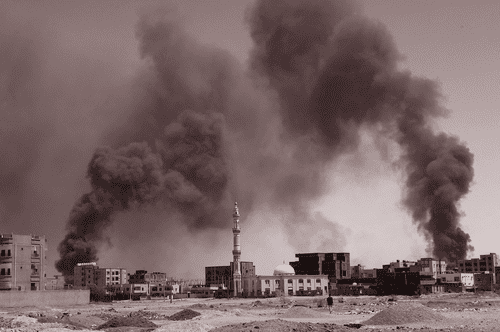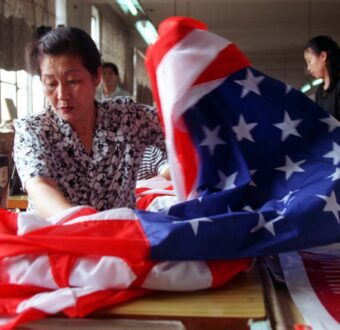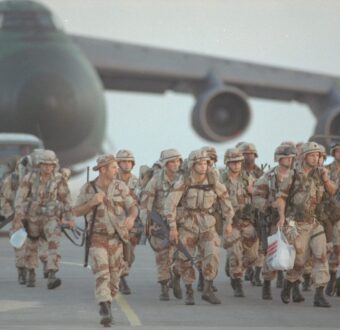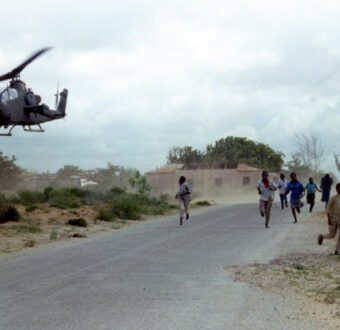Sudan and the Limits of Western Peacebuilding

On April 15, violence erupted across Sudan between the Sudanese Army, led by Gen. Abdel Fattah al-Burhan, and a paramilitary group called the Rapid Support Forces, led by Lt. Gen. Mohamed Hamdan — known also as Hemedti. As the warring factions compete for control of resource-rich Sudan, regional leaders like Egypt, Saudi Arabia, the UAE, Israel, as well as the United States and the United Nations are figuring out how to respond to help mitigate the catastrophic violence. But as this week’s guest reminds us, peacebuilding efforts from external actors like the U.S. and the UN, however well-intentioned, have unintended consequences. This week, guest host and IGA research fellow Zuri Linetsky speaks with Sudan expert Justin Lynch to help us make sense of the conflict playing out today and how attempts at peacebuilding and diplomacy by the West helped embolden the military leaders bringing the country to the brink of collapse.
Listen Here: Apple Podcasts | Amazon Music | Libsyn | Radio Public | Soundcloud | Spotify | Stitcher | TuneIn | RSS
This podcast episode includes references to the Eurasia Group Foundation, now known as the Institute for Global Affairs.
This post is part of None Of The Above, a podcast of IGA hosted by senior fellow Mark Hannah.





